Random Free Articles
- Sport Should Advocate Noble Competition
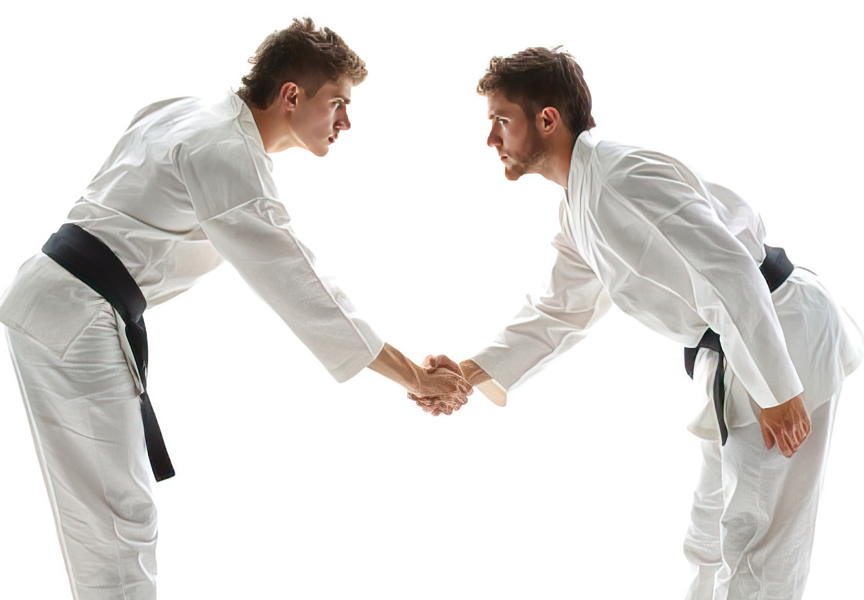
No To Violent Instincts and Discrimination Sport has always been a mirror reflecting human society, embodying ideals of teamwork, dedication, and the pursuit of excellence. However, in the heat of competition, it can also magnify humanity’s darker impulses, including violence, aggression, and even discrimination. In this context, it's crucial to emphasize that the true spirit of sport lies not in brute force or exclusion, but in noble…
- Forms and their use
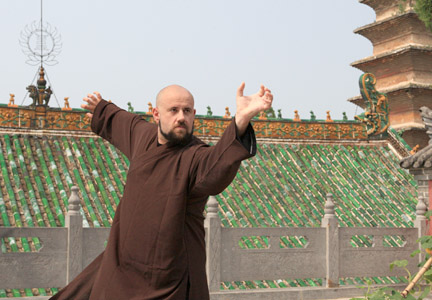
The term Forms means the combination of several techniques, organized by their initiators, in order to present their experience and knowledge from a real battle and which they can pass on to future generations. Masters that created the Forms which have reached to this day, were perfectly aware of the styles, were experienced in the techniques, in order to be able to see the advantages and disadvantages of the form, the techniques, the sequence…
- Shaolin's Chain Fist
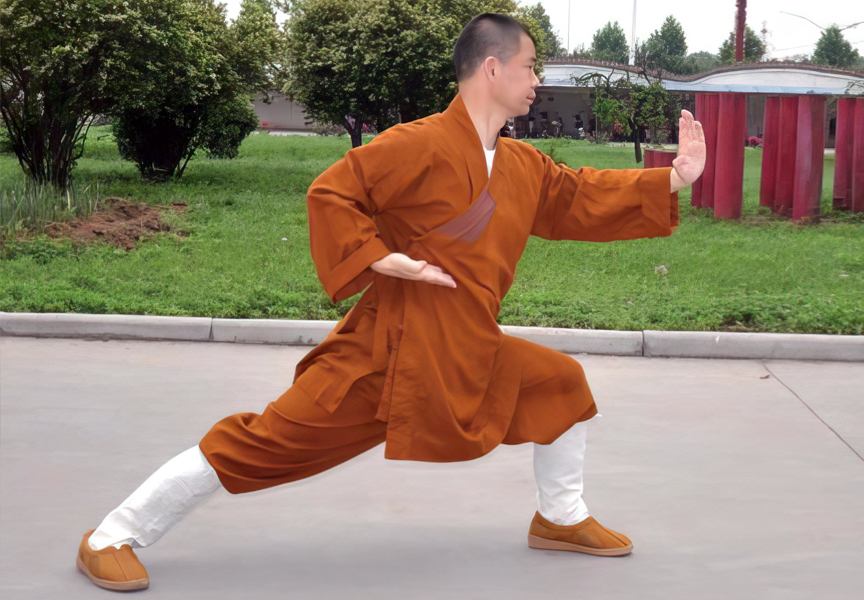
Unraveling the Mysteries of Shaolin's Chain Fist In the vast realm of Shaolin Wu Gong, the Lián Huán form [Chin.: liánhuánquán 连环拳], meaning "Chain Fist," stands as a fundamental practice that follows the mastery of the 5 Technique Fist [Chin.: wǔbùquán 五步拳]. This compact form, though small in appearance, carries immense significance in the Shaolin tradition. Characterized by simple yet powerful movements,…
- Understanding Qi
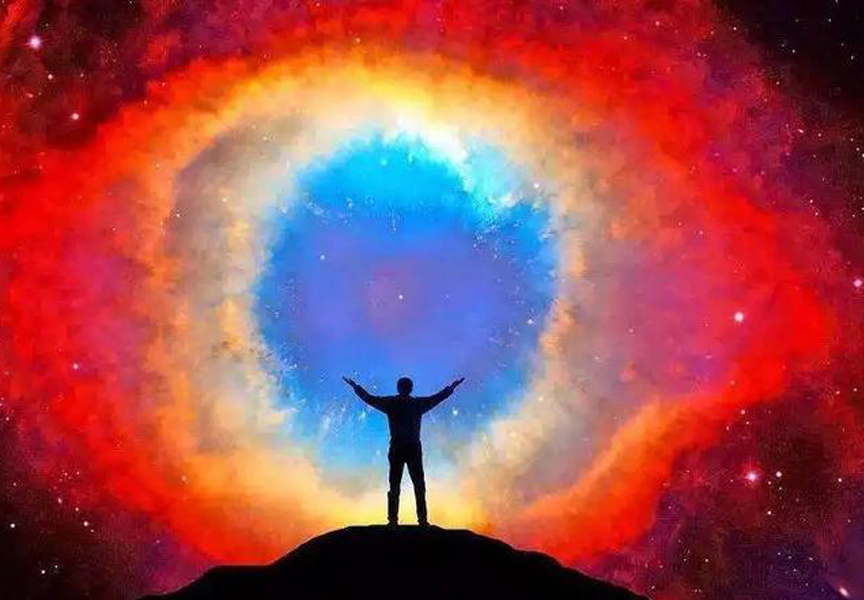
The Vital Life Force in Traditional Chinese Medicine In the realm of traditional Chinese medicine, few concepts are as central and enigmatic as "Qi" [Chin.: Qì 气]. Pronounced as "chee," this ancient notion has captivated the minds of scholars and practitioners for centuries. Qi is often described as the vital life force or energy that flows through the human body, as well as through all living things and the universe…
- Martial Arts Aren’t for Everyone
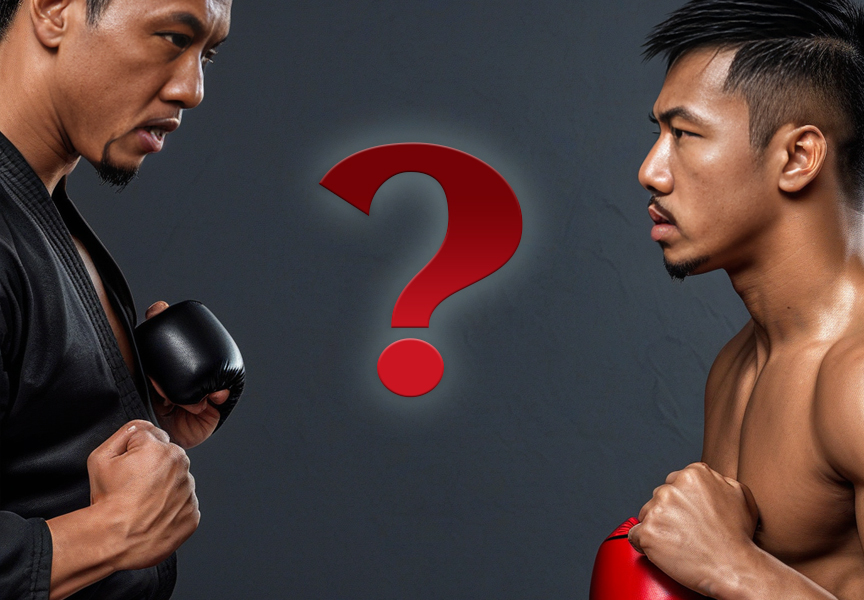
True or Myth? Martial arts have long been a symbol of discipline, physical prowess, and spiritual growth. From the cinematic grace of Bruce Lee’s movements to the philosophical teachings of ancient masters, martial arts have captivated people worldwide. But the question remains: are martial arts truly for everyone, or is this idea a myth perpetuated by its enthusiasts? Let’s explore this thought-provoking topic by examining the physical,…
